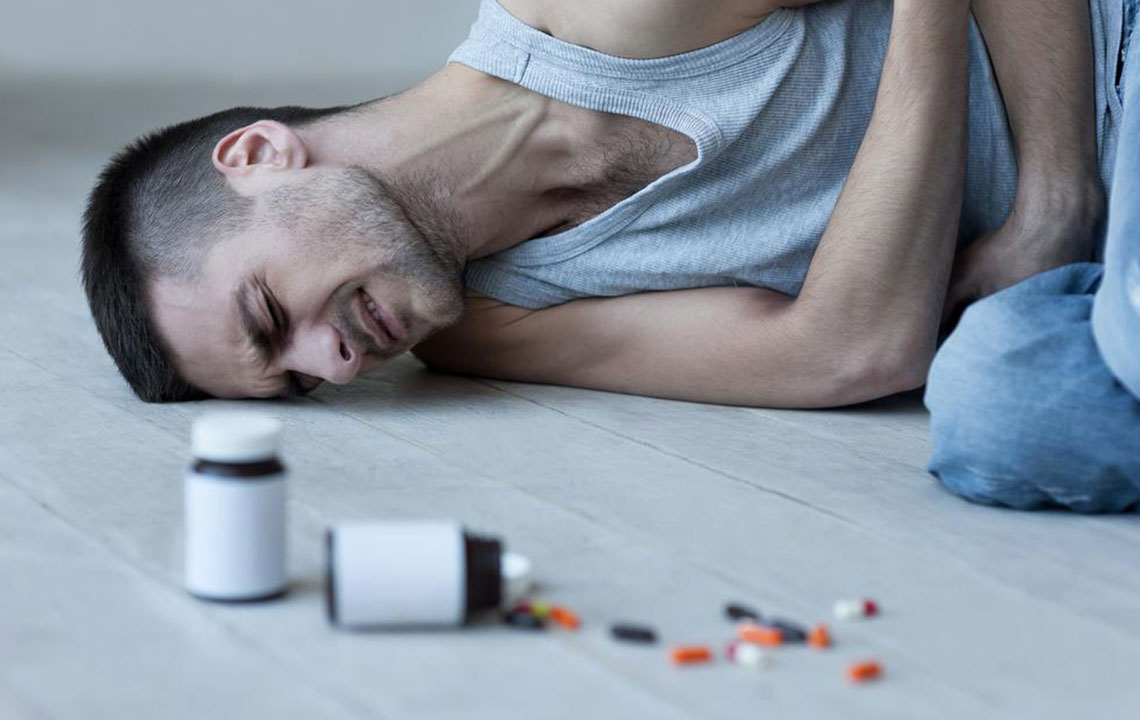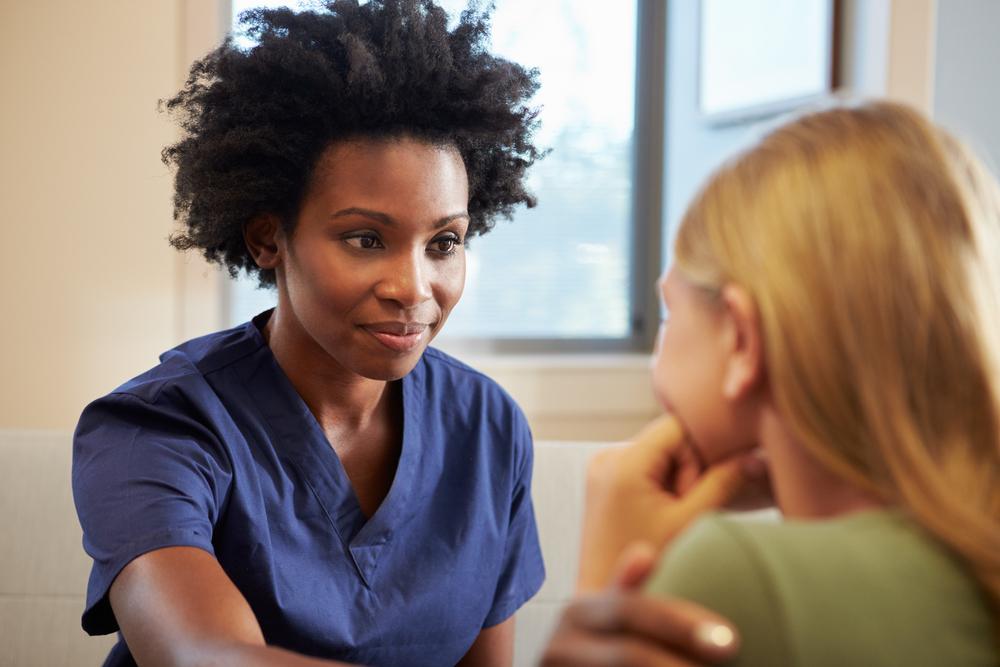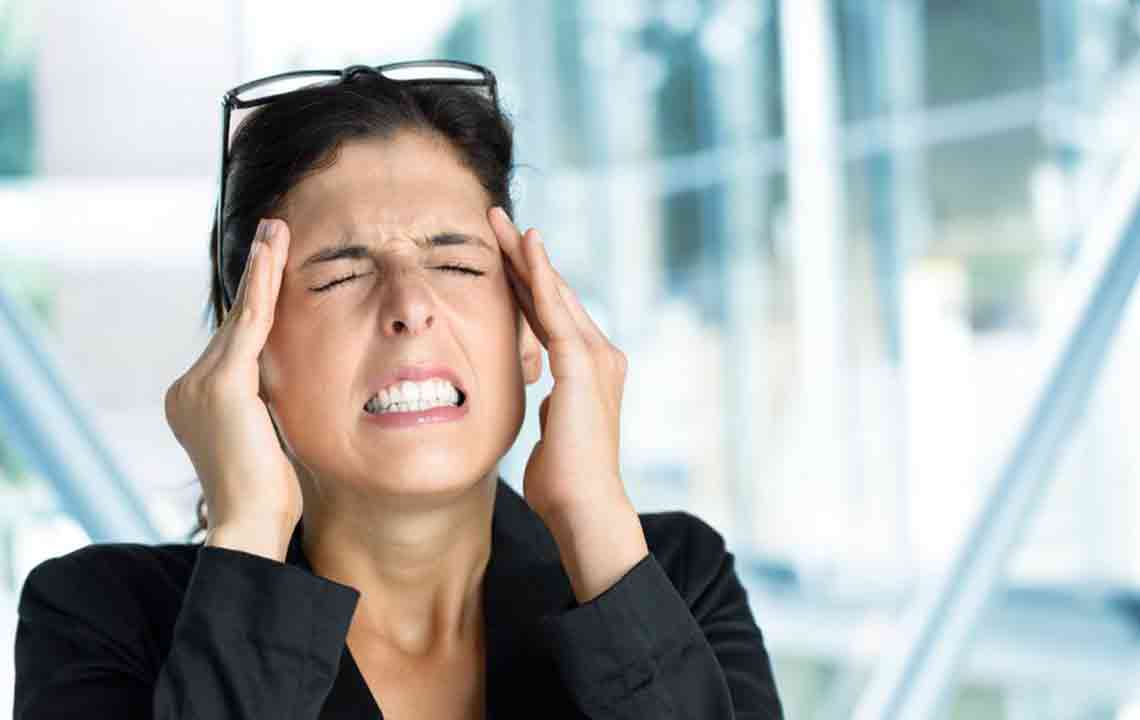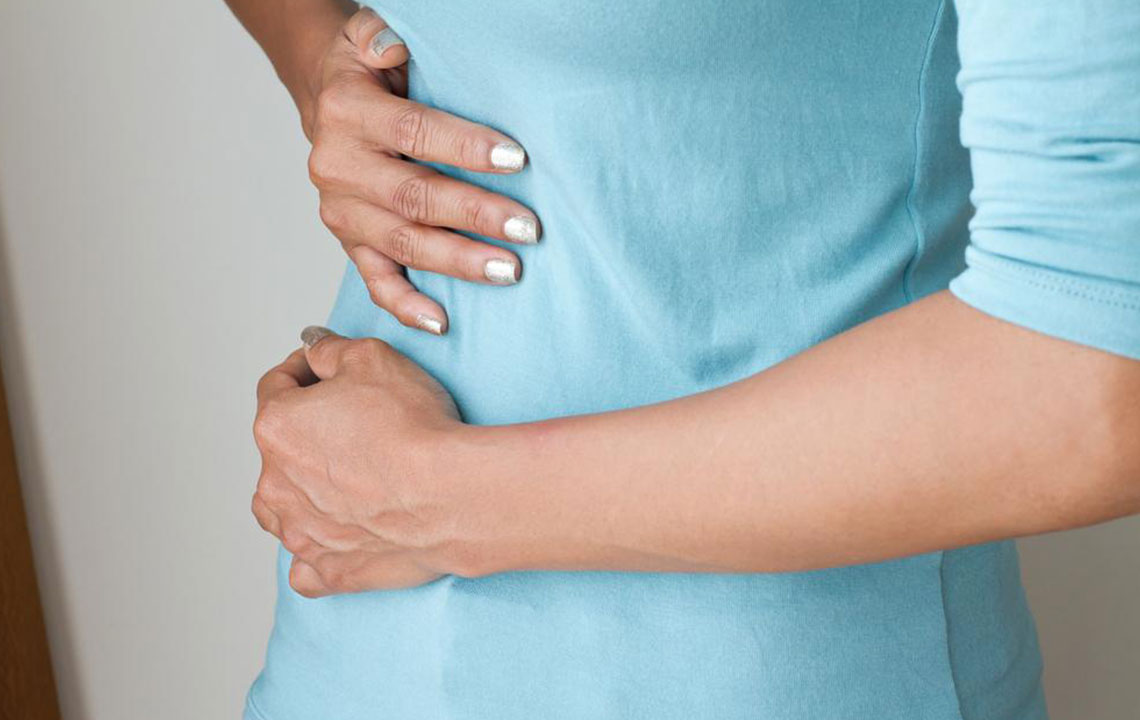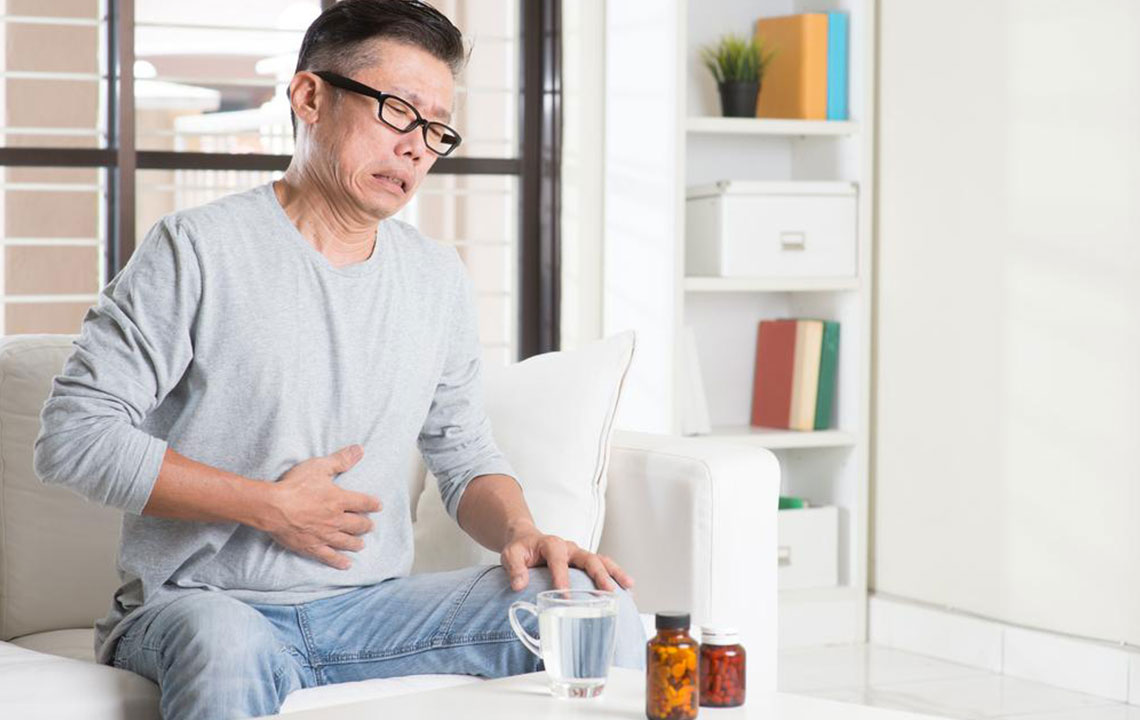Proven Methods for Effective Hemorrhoid Management and Relief
This comprehensive guide explores natural and effective methods to manage hemorrhoids, focusing on home remedies, dietary adjustments, and lifestyle changes. It stresses the importance of timely medical consultation for severe cases, providing practical advice to alleviate symptoms and promote healing. Whether experiencing mild discomfort or severe symptoms, these proven strategies can help reduce swelling, soothe irritation, and prevent future flare-ups, improving overall wellbeing and quality of life.
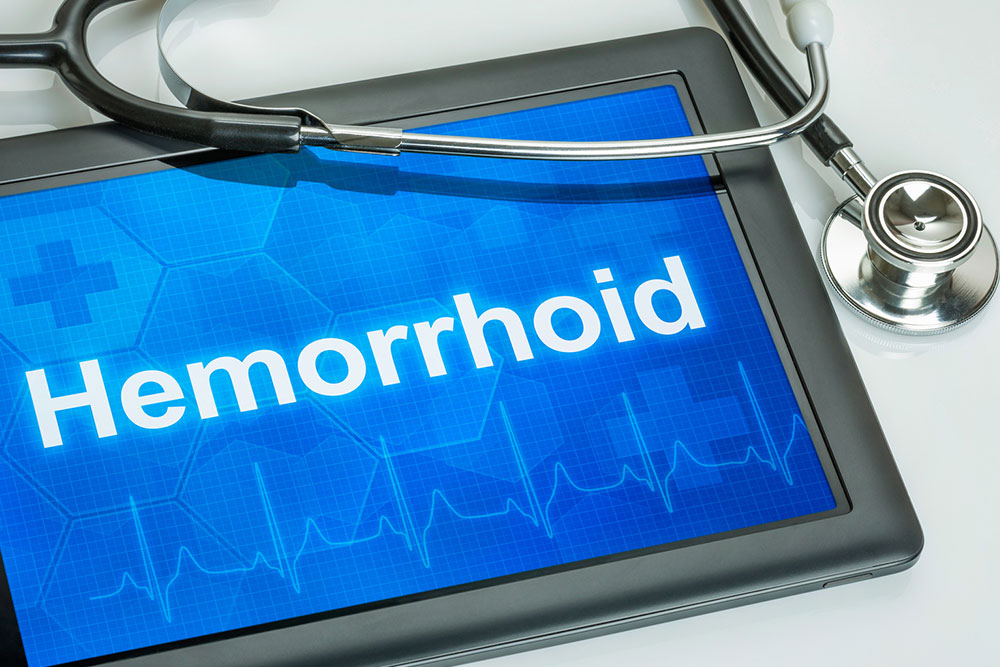
Proven Methods for Effective Hemorrhoid Management and Relief
Hemorrhoids, commonly referred to as piles, are a widespread condition characterized by swollen and inflamed blood vessels located around the anus and lower rectum. This condition can cause significant discomfort, pain, and other bothersome symptoms, affecting millions of individuals worldwide. Hemorrhoids are most prevalent among middle-aged and older adults, typically around the age of 50, but they can occur at any age due to various factors. Understanding how to manage and treat hemorrhoids effectively is crucial for improving quality of life, reducing discomfort, and preventing potential complications.
In this comprehensive guide, we delve into natural and practical remedies that can alleviate hemorrhoid symptoms. While medical treatments and procedures are available, many sufferers prefer to start with home-based strategies that are accessible, affordable, and minimally invasive. These methods aim to reduce swelling, relieve itching and burning sensations, and promote faster healing. We will also discuss lifestyle changes, dietary tips, and when it is necessary to see a healthcare professional for further intervention.
This article highlights effective natural remedies and lifestyle modifications that can ease hemorrhoid symptoms. Implementing these strategies can lead to significant relief, support recovery, and help prevent future flare-ups:
Utilizing Essential Oils: Certain essential oils such as chamomile, tea tree, lavender, peppermint, and juniper are renowned for their anti-inflammatory and soothing properties. When used correctly and with proper dilution, they can help reduce swelling, calm itching, and promote healing. Consult with a healthcare provider before applying essential oils directly to sensitive areas.
Additional effective practices include:
Sitz Baths: Soaking in warm water for 10-15 minutes relaxes anal muscles, reduces pain, and alleviates inflammation. Many patients find regular sitz baths particularly helpful during flare-ups.
Topical Treatments and Ointments: Applying medicated creams or ointments that contain ingredients like hydrocortisone or witch hazel can significantly decrease swelling and provide relief from itching. Always seek medical advice before selecting and using any topical product.
Cold Compresses and Ice Packs: Applying cold packs or ice for 15-20 minutes can constrict blood vessels, lessen swelling, and numb pain, offering immediate relief during acute episodes.
In addition to topical and physical remedies, adopting certain lifestyle and dietary habits can enhance healing and prevent recurrence:
Stay Well-Hydrated: Drinking at least six to eight glasses of water daily ensures proper hydration, supports healthy digestion, and prevents constipation, which is a major factor contributing to hemorrhoids.
Consume a High-Fiber Diet: Incorporate fiber-rich foods such as fruits, vegetables, whole grains, and legumes. A high-fiber diet promotes soft, regular bowel movements, decreasing the need to strain during defecation and reducing hemorrhoid aggravation.
Use Laxatives Responsibly: If constipation persists, use over-the-counter laxatives or stool softeners under medical supervision to facilitate easier bowel movements without excessive straining.
Engage in Light Exercise: Regular, gentle physical activity such as walking, stretching, or yoga improves bowel function, reduces pressure on the pelvic area, and enhances overall circulation—factors beneficial for hemorrhoid prevention.
When should you seek immediate medical attention? It's essential to consult a healthcare professional if you experience heavy bleeding, severe pain, or worsening swelling. While external hemorrhoids often respond well to home remedies, internal hemorrhoids may require medical procedures such as rubber band ligation or even surgery in extreme cases. Early diagnosis and intervention can prevent complications like blood clots, infections, or persistent prolapse, ultimately supporting faster and more complete recovery.
